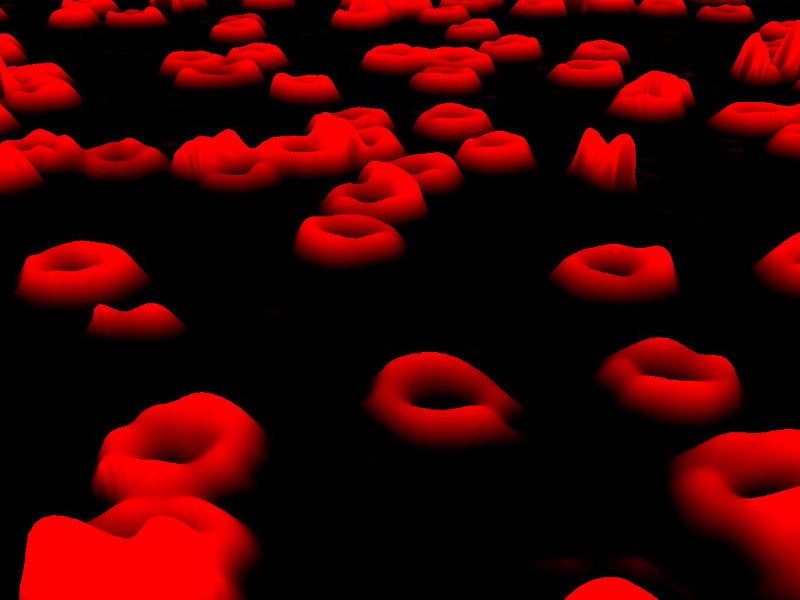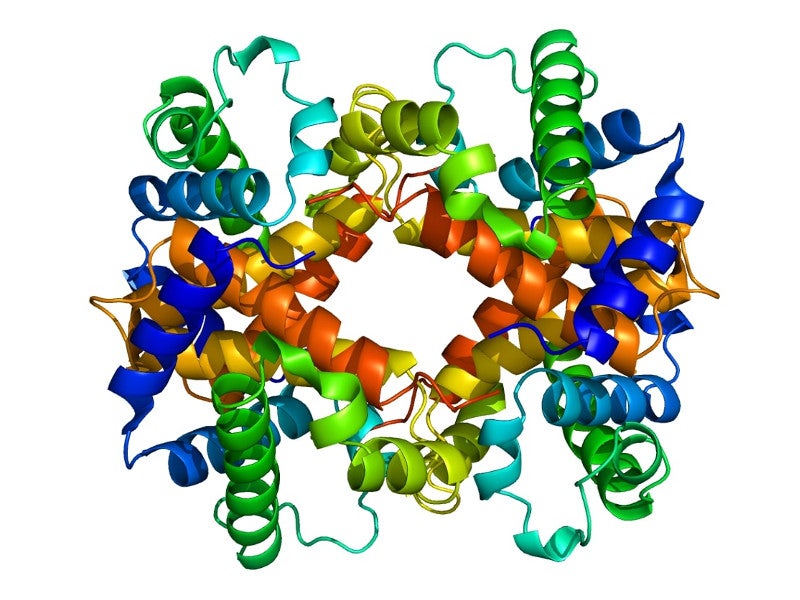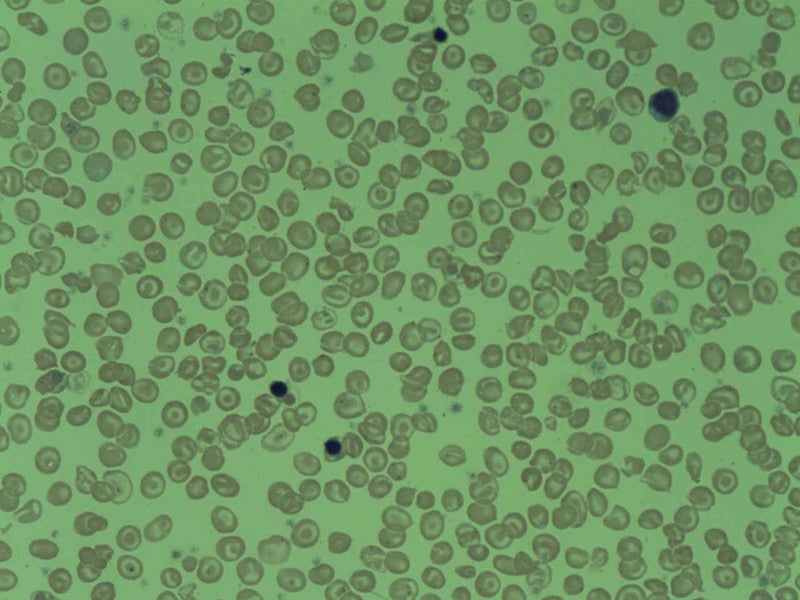Zynteglo™ is a gene therapy indicated for the treatment of transfusion-dependent beta (β)-thalassemia (TDT) in patients aged 12 years and older.
The drug can be administered to TDT patients that have no β0/β0 genotype and are eligible for hematopoietic stem cell (HSC) transplantation where a matching human leukocyte antigen (HLA) donor is unavailable.
Developed by Bluebird Bio, a marketing authorisation application (MAA) for the therapy was submitted to the European Medicines Agency (EMA) in August 2018. The EMA reviewed the MAA under the priority medicines (PRIME) and adaptive pathways programmes.
The EMA’s Committee for Medicinal Products for Human Use (CHMP) provided a positive opinion for the approval of the therapy in March 2019. The European Commission (EC) then provided conditional marketing authorisation in June 2019.
The EC has also granted orphan medicinal product designation to the therapy for the treatment of intermediate and major Beta-thalassemia. Zynteglo™ has received orphan drug and breakthrough therapy designations from the US Food and Drug Administration (FDA) for this indication.
Zynteglo™ is available in infusion bags containing 1.2-20×106 cells per ml dispersion in cryopreservative solution for intravenous infusion. The dispersion is clear to slightly cloudy ranging from colourless to yellow or pink in colour. Each infusion bag holds approximately 20ml of the gene therapy.
Causes and symptoms of Beta-thalassemia
Beta-thalassemia is a severe genetic blood disorder occurring due to mutations in the gene, which is responsible for making β-globin protein. β-globin is a component of adult haemoglobin, which is essential for carrying oxygen to the whole body. Beta-thalassemia affects one in 100,000 people worldwide.
TDT is the most serious type of Beta-thalassemia and requires chronic blood transfusions throughout life to maintain the required haemoglobin levels in the body. Some common symptoms of TDT are anaemia, fatigue and iron overload, which can lead to multiple organ failure.
Zynteglo’s mechanism of action
Zynteglo™ is a one-time gene replacement therapy that targets the main cause of TDT.
The drug restores the β-globin protein in patients by adding normal copies of the modified β-globin gene into the HSC of the patients through transduction of autologous CD34+ cells using lentiglobin viral vector BB305.
Clinical studies on Zynteglo
The EC’s approval of Zynteglo™ was based on the combined results of the HGB-205 and HGB-204 (Northstar) completed clinical trials, and on-going studies Northstar-2 (HGB-207), Northstar-3 (HGB-212) and a long-term follow-up study named LTF-303.
A total of 32 patients with TDT were enrolled in the studies to evaluate the safety, efficacy and durability of Zynteglo™.
HGB-204 and HGB-205 were Phase I/II, open-label, single-arm, 24-month studies, whose primary endpoint was the elimination of RBC transfusion requirement in patients.
A total of ten patients were enrolled in the HGB-204 study, while 80% of them reached the primary endpoint eliminating the need for transfusion. In the HGB-205 study, a total of four patients were administered with Zynteglo™, and 75% of them did not need RBC transfusion for at least 12 months.
Patients’ increased haemoglobin levels returned to normal during the study. All of the patients that overcame the need for transfusion in both studies continued to be transfusion-free for 21 to 56 months when the data was collected.
Zynteglo™ is currently being studied in three on-going Phase III studies named Northstar-2, Northstar-3 and LTF-303. In the Northstar-2 study, which enrolled 15 patients, five were evaluated for transfusion independence, among whom 80% became transfusion-free.
Some of the common side effects reported in patients receiving Zynteglo™ during the clinical trials were a low count of thrombocytes, numbness in hands and feet, pain in the bone, nausea, headache, and low blood calcium levels.





